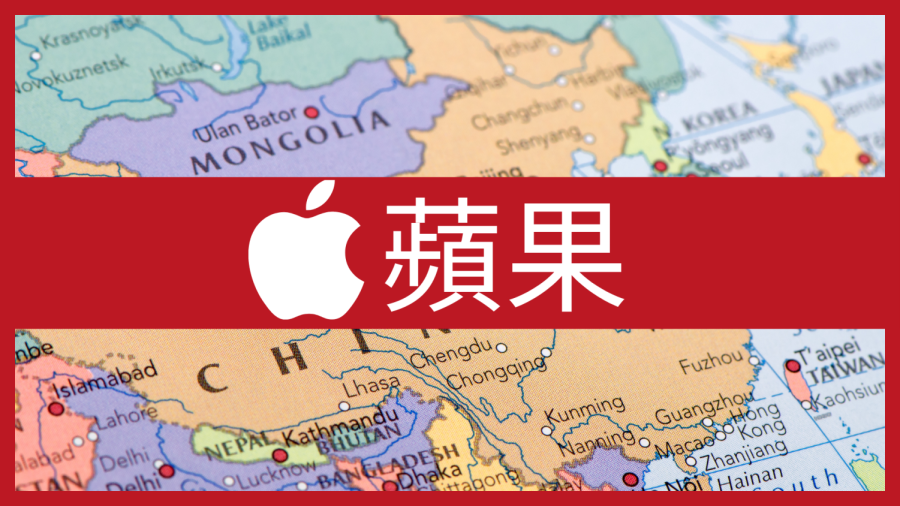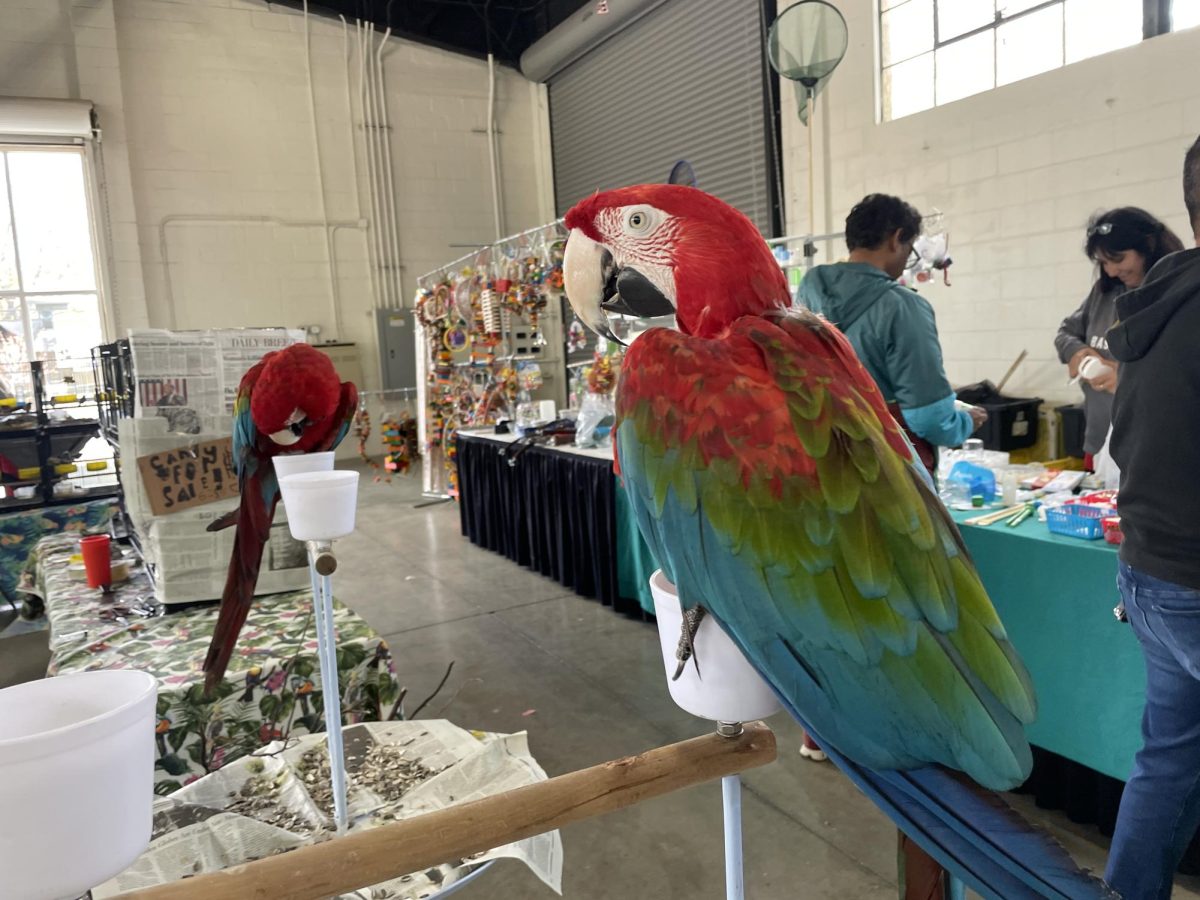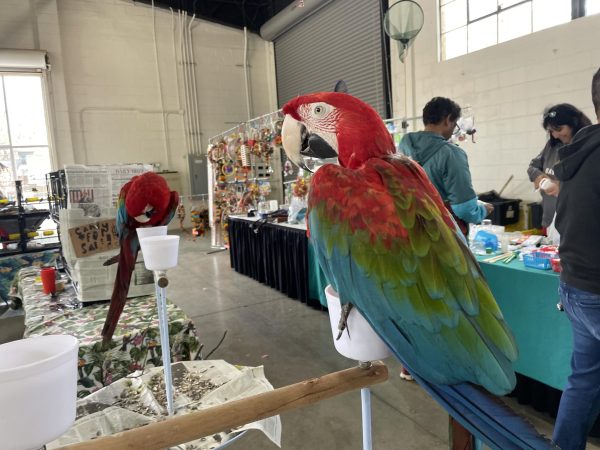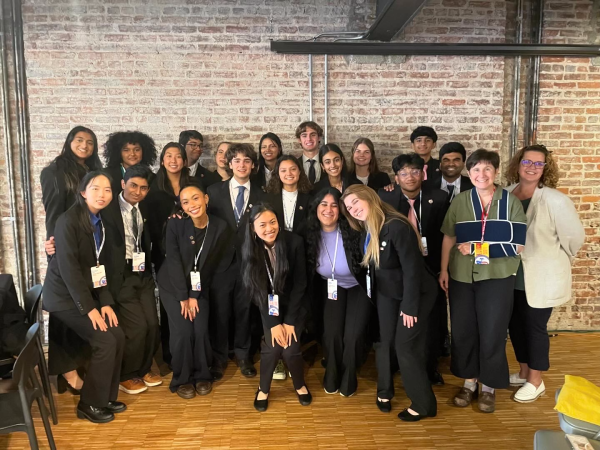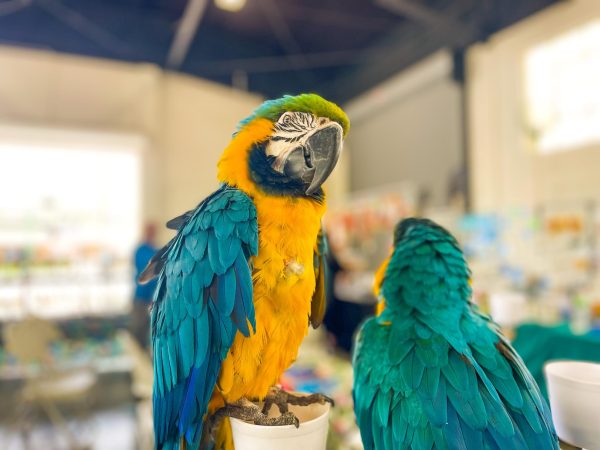Delays, delays, delays: Apple production in China affects consumers worldwide
China has locked down factories and isolated employees, causing Apple to face great difficulty in satisfying consumer demands.
December 18, 2022
This past week, many Apple factories in parts of China have been placed under lockdown as a result of the surge in COVID cases ravaging the region. Not only has this affected consumers around the world, but it also has affected the people that are working in China and company demand for some of its latest products.
“There is certainly a shortage of Apple products, because we have run out of stock multiple times. The lockdowns on factories have placed Apple in a difficult situation in terms of manufacturing their devices. It is truly visible on our side,” said Apple employee Lucas Castro.
The affected factory in Zhengzhou is owned by Foxconn, Apple’s largest iPhone supplier. One of Apple’s main sources of production, the Zhengzhou plant was hit with a small COVID outbreak this past week, further resulting in lockdowns, isolation, and the momentary closure of the plant.
“I think it is a step in the right direction when China encourages COVID safety by doing lockdowns and isolation. However, I feel as though they should have done this months ago – it would have saved them billions of dollars to aid their employees instead of continuously testing them and such,” says Riley Young (‘24).
China originally implemented these procedures under the zero-covid policy, but has now relaxed safety measures by making testing requirements and travel restrictions no longer required. Despite this shift in policy, Apple has made efforts to diversify their supply chain by shifting some parts of production to India.
“The harsh testing requirements under the zero-covid policy were abysmal and it was predictable that it was going to happen like this. I bought the new iPhone 14 Pro and it took almost two months to get delivered,” said recent iPhone purchaser Ativ Asarawala (‘24).
As a result of the pull-back of the zero-covid policy, the Zhengzhou plant has also concluded its more strict safety measures. This reversal of policy came as many employees were leaving the workplace (leading to several protests), which cost roughly one billion dollars a week in lost iPhone sales.
“Many protests were occurring due to how Apple treated their employees during the pandemic. Also, many people were tired of having to comply with the Chinese government’s harsh COVID protocol,” says Castro.
With many factories slowly getting back their feet, manufacturing and shipping of Apple products has still been delayed. However, with the recent reversal of Chinese policy, hope for consumers and Apple, as a whole, still remains.

